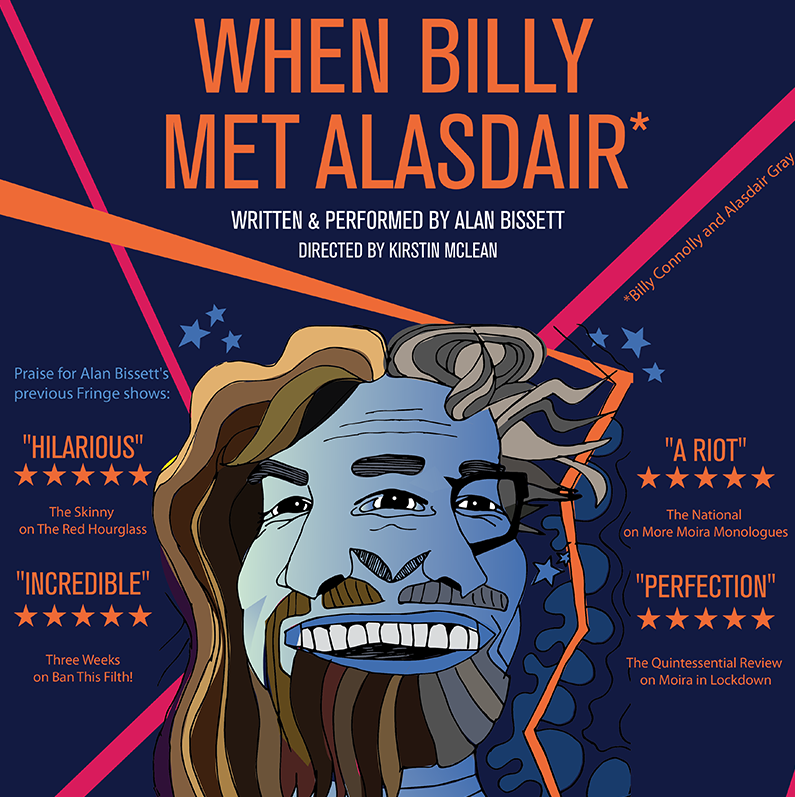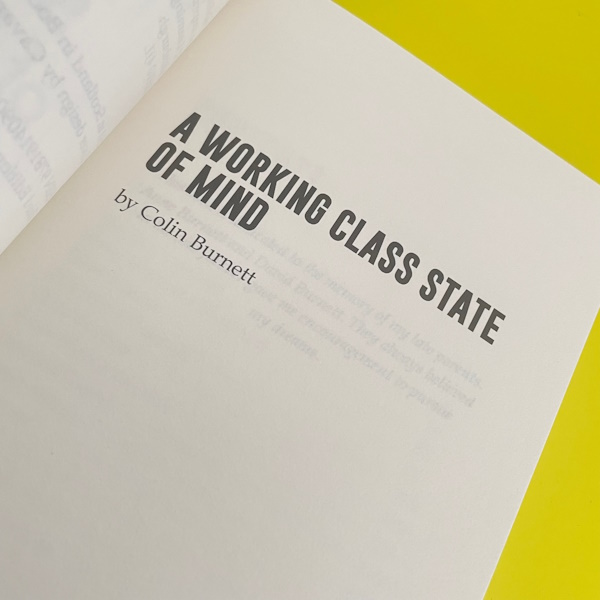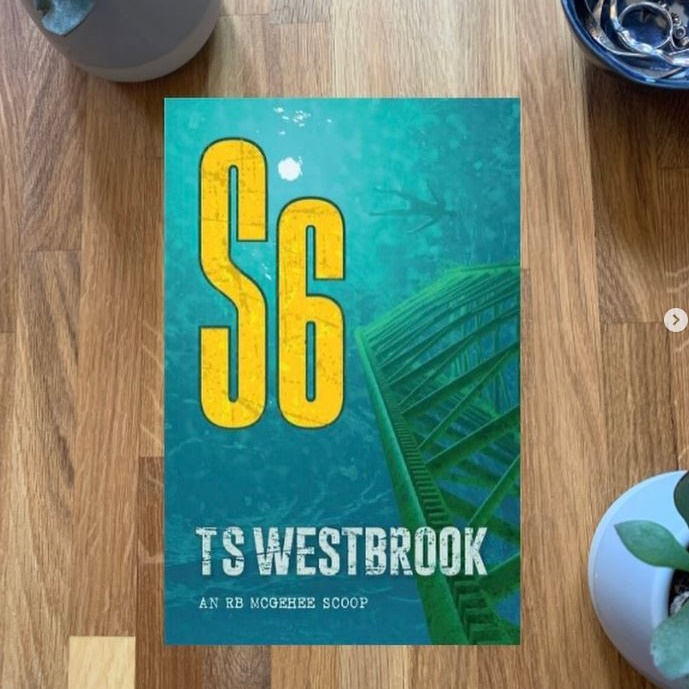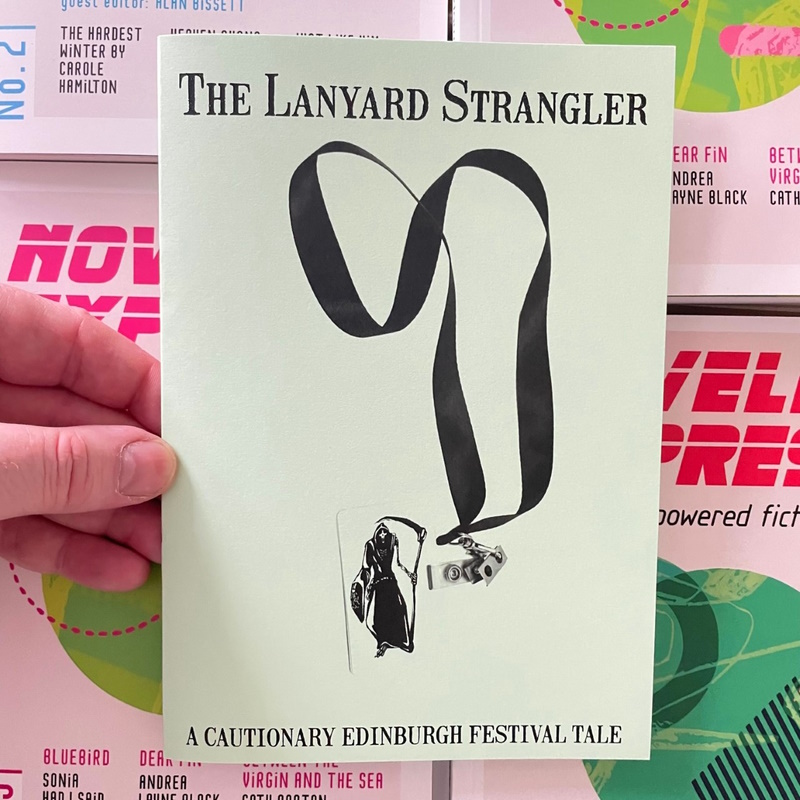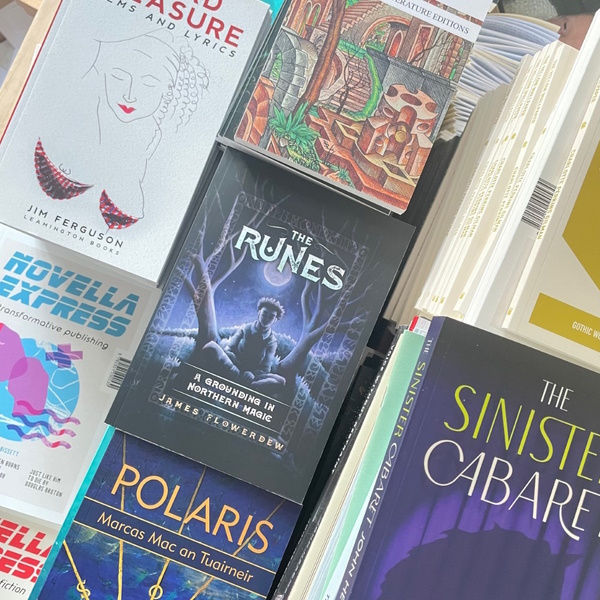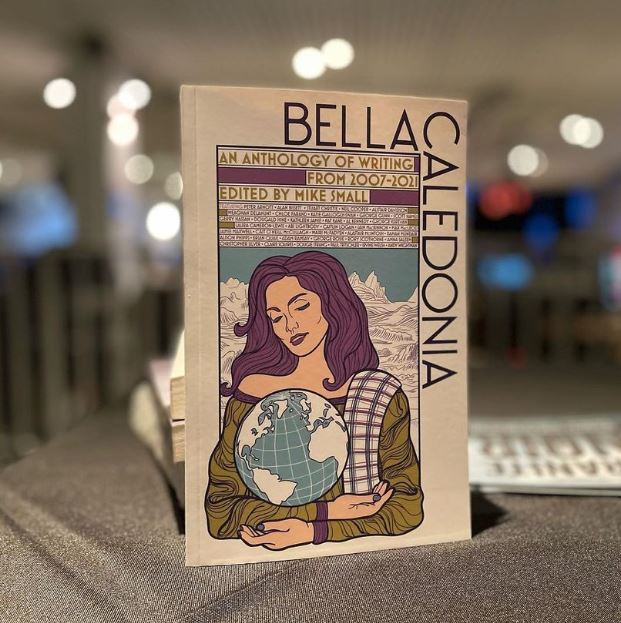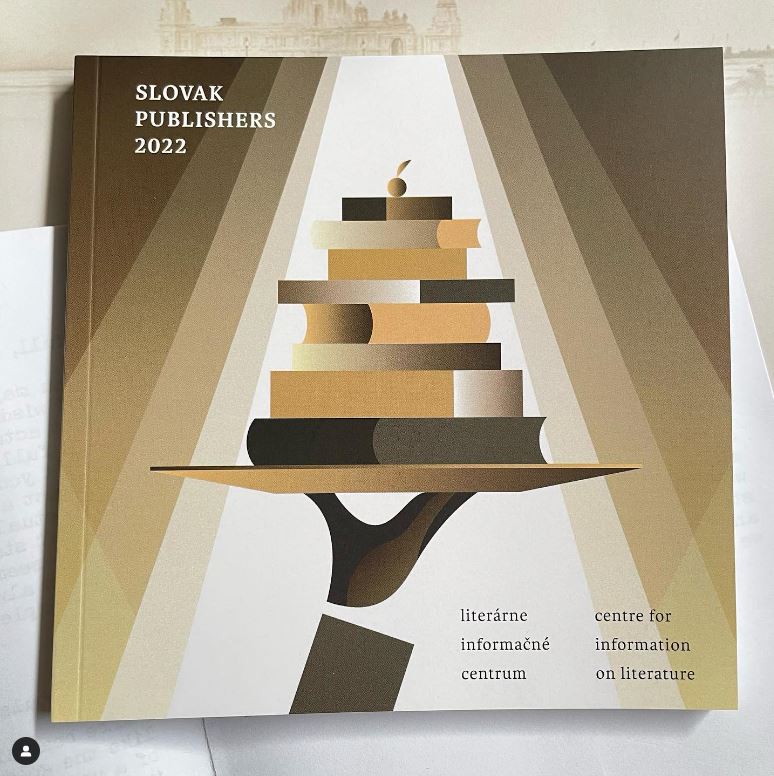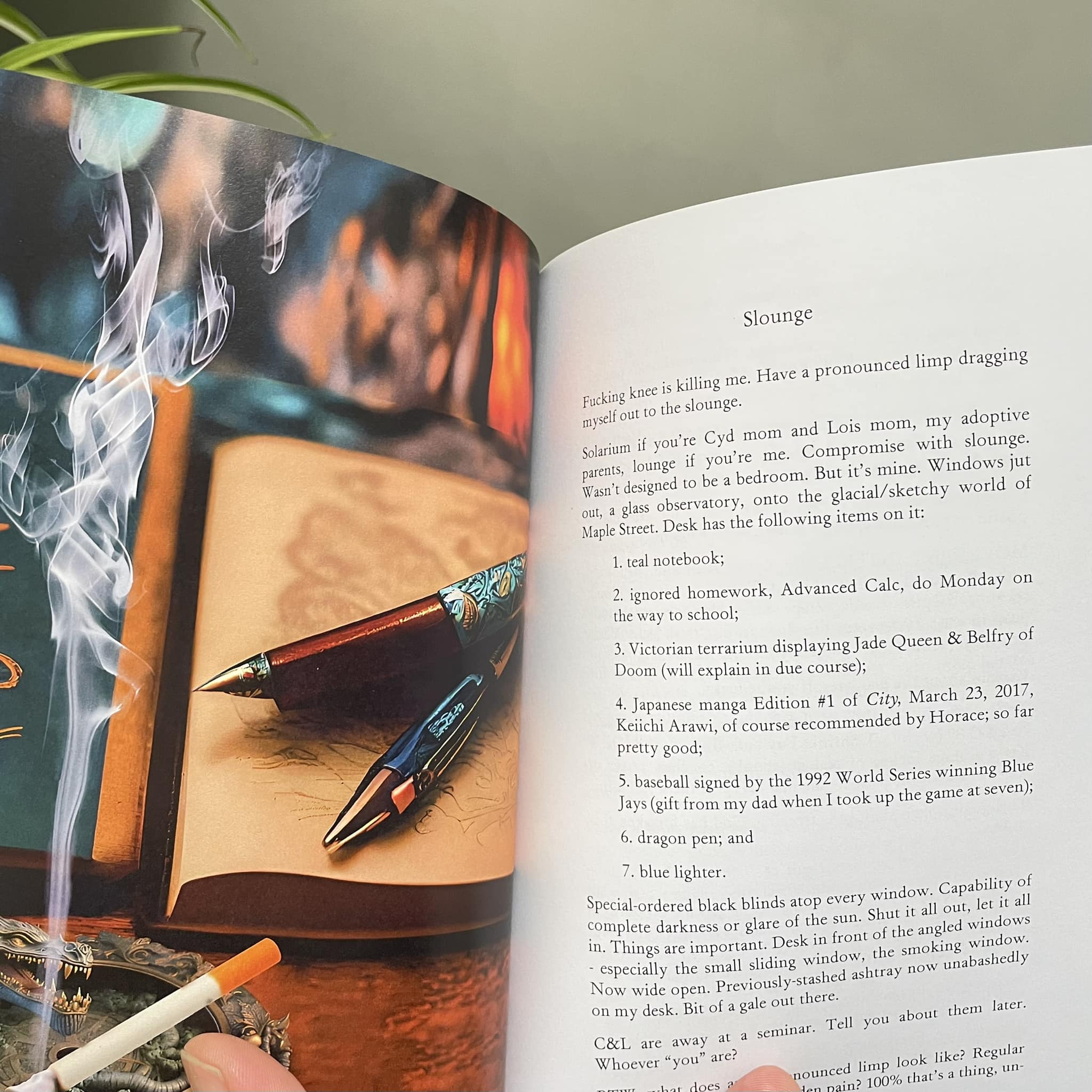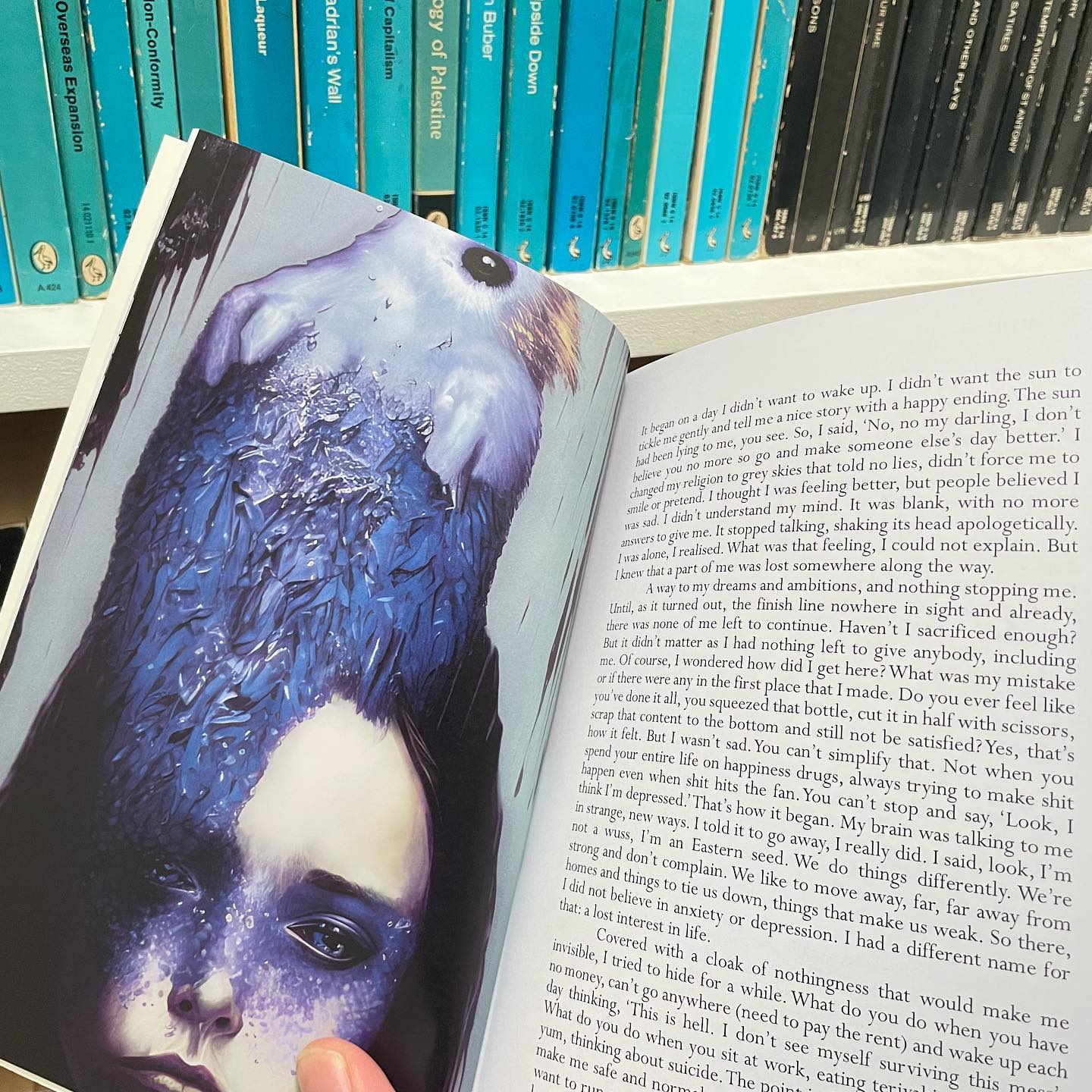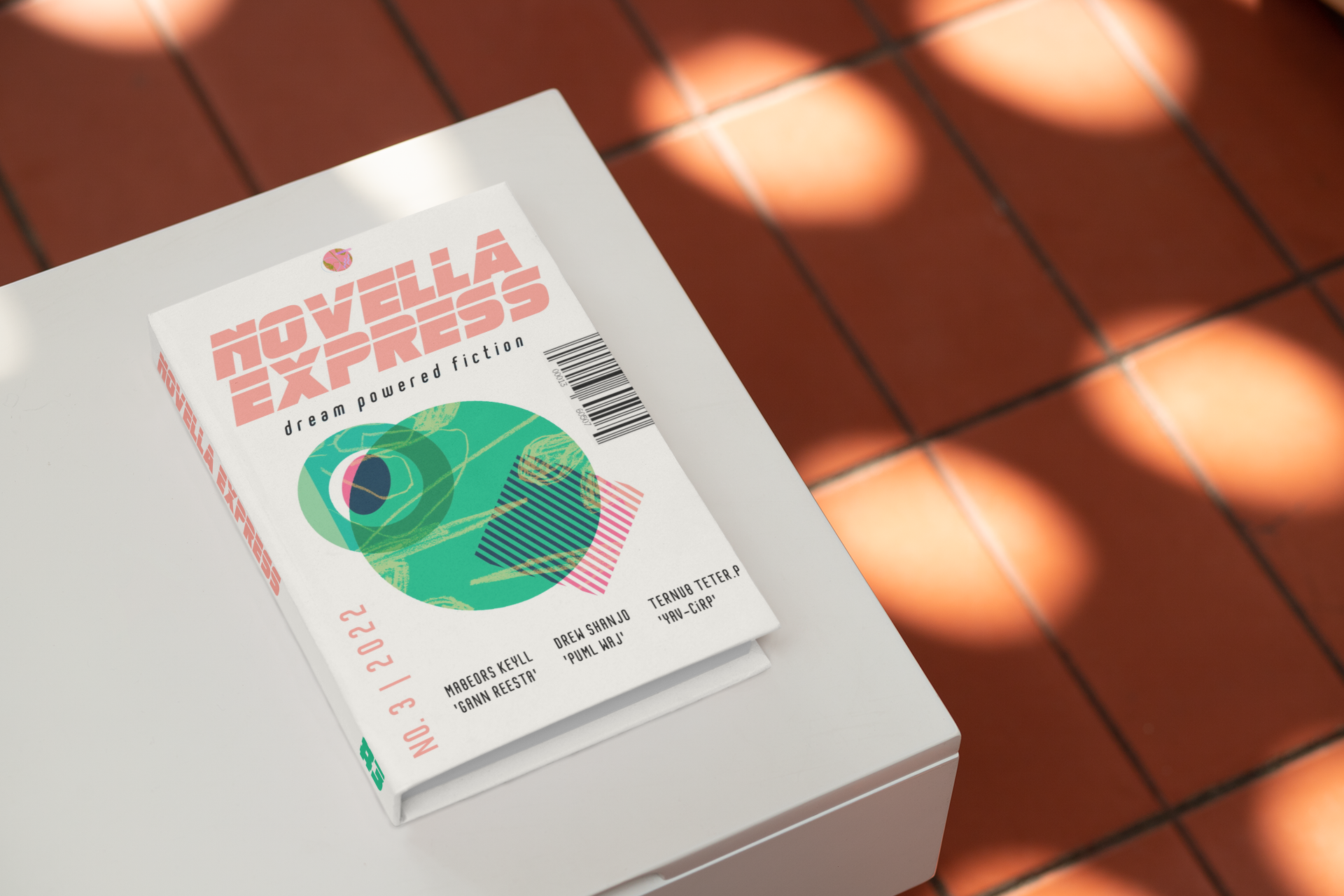All Stories
- The Sound of Sirens Longlisted for the 2022 McIlvanney Prize
- Mizora: A Prophecy
- The Crux
- Book Club? Order Your Own Print Run
- "Bremen" by Lesley Storm
- whose anonymous crimes are these?
- The Agency For Legal Deposit Libraries
- Sex and Sexism in THE SINNER
- ISBN Numbers
- McX by Todd McEwen
- Rediscovering The Brilliance of John Herdman
- Who Sleeps With Katz by Todd McEwen - - 'Taking it Downtown'
- Thoughts on Duncan Glen by John Herdman
- Solitude in Lockdown
- Angus Calder Remembered
- Makar / Unmakar


